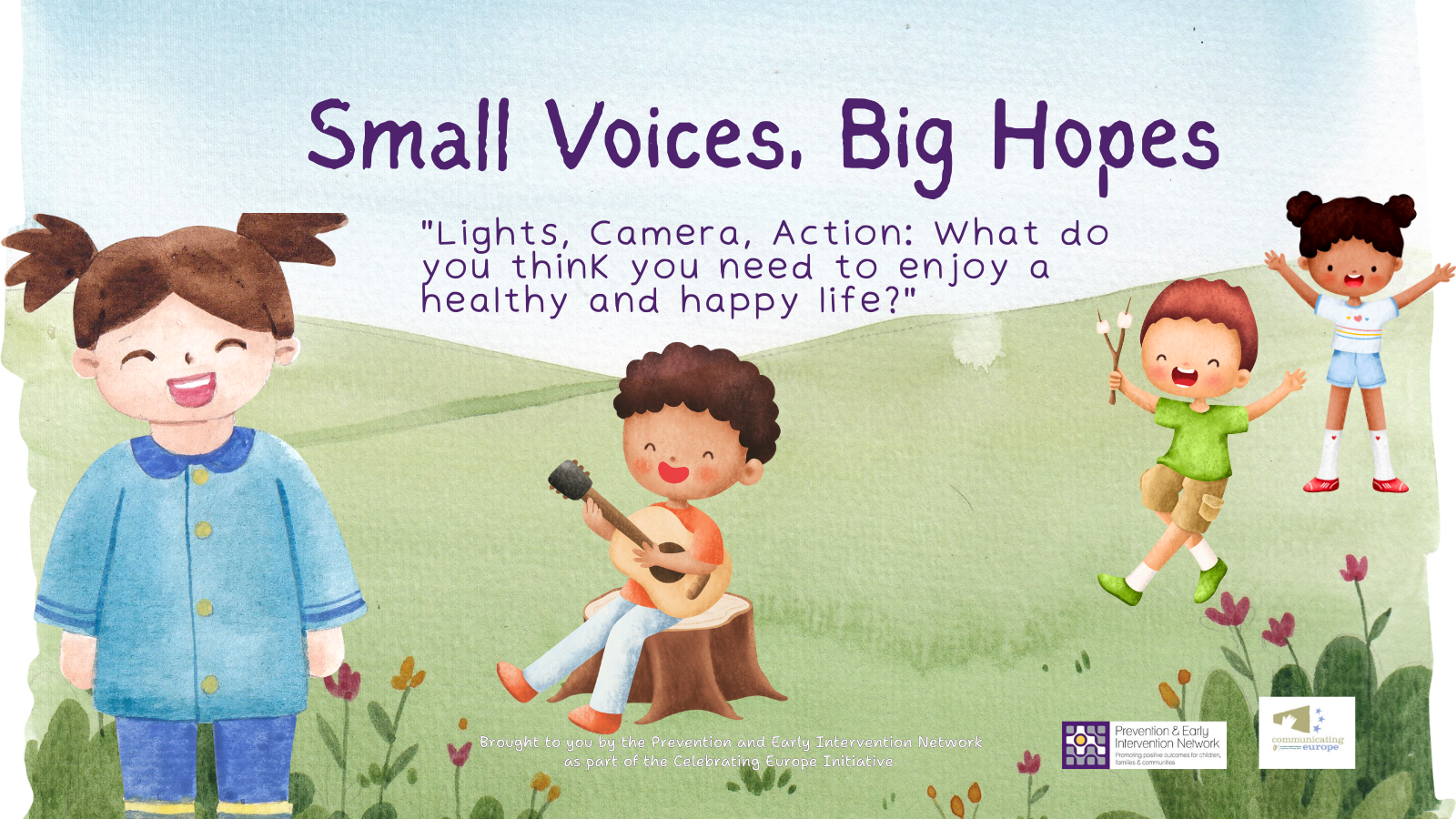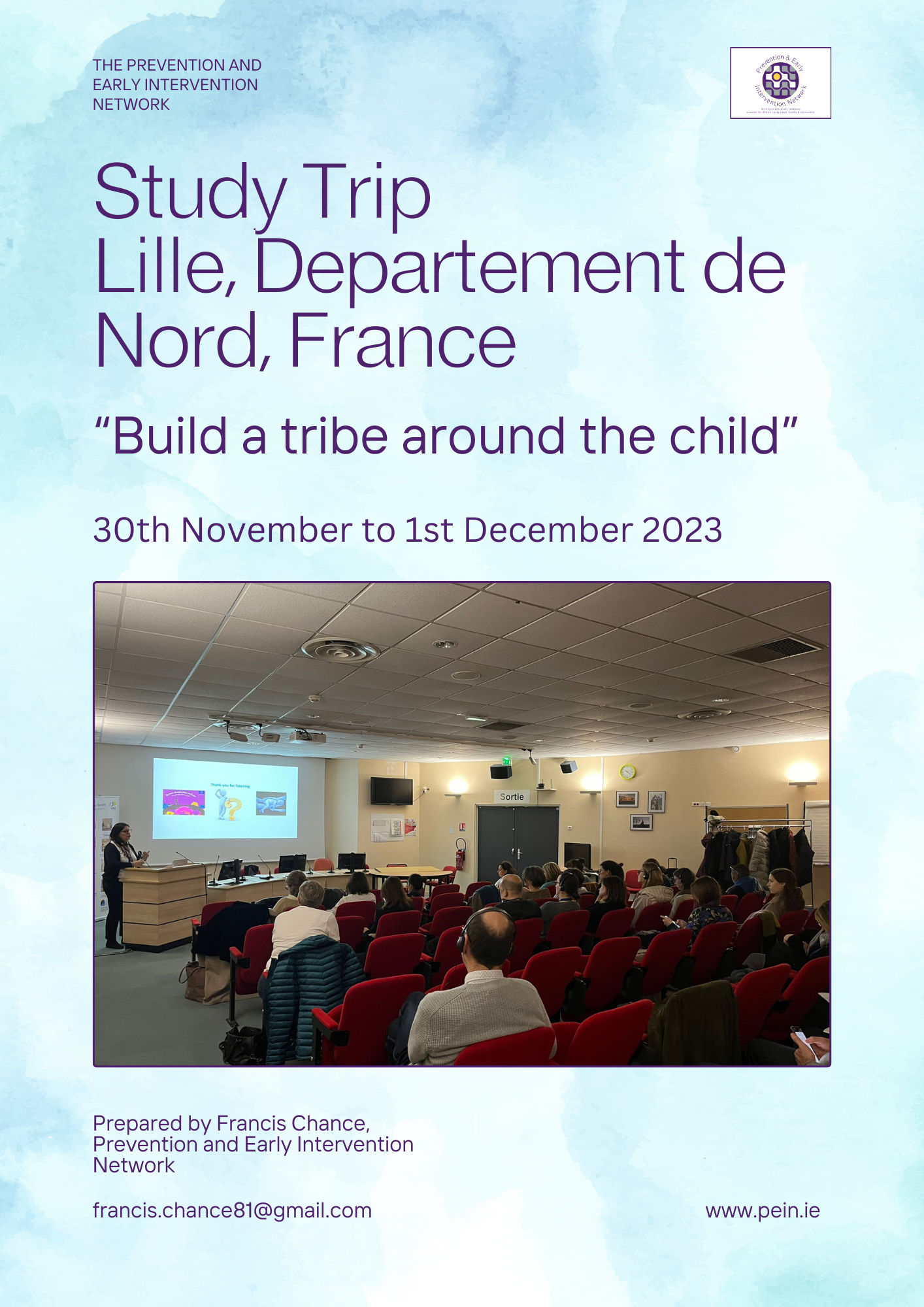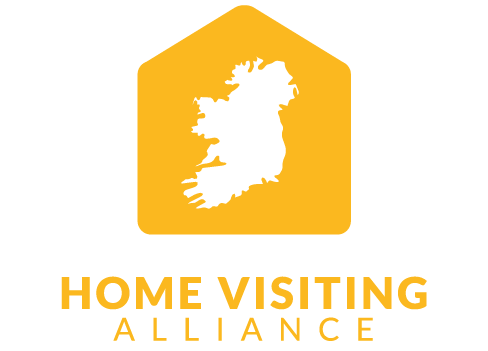
One in four children under the age of six in Europe is at risk of poverty or social exclusion. Prevention and early intervention practices and approaches have been proven to be effective in addressing these challenges, particularly when they are focused on the earliest years of life.
The PINN project aims to share best practice in the areas of prevention and early intervention in disadvantaged populations and the importance of early childhood care and education as a preventative tool. Partner organisations from Norway, Portugal, the Netherlands along with PEIN are participating in this learning exchange. PEIN have invited experienced individuals from its member organisations to participate in these exchanges and to be involved.
It is expected that PINN will have a long-term and sustained positive impact on the wider fields of prevention and early intervention in partner countries.
Background
Experiences during the first three years of life have been shown to have a lasting effect on a child’s development, and eventual life outcomes. In light of this, the need for high-quality early childhood education and care (ECEC) is widely recognised.
Countries across Europe are facing complex, multifaceted problems that are negatively affecting its children. Challenges of immigration and integration are common. One in four children under the age of six in Europe is at risk of poverty or social exclusion, and may need specific measures to support their educational needs. Prevention and early intervention practices and approaches have been proven to be effective in addressing these challenges, particularly when they are focused on the earliest years of life.
The PINN project aims to share best practice in the areas of prevention and early intervention in disadvantaged populations, evidence informed practice, practitioner training in prevention and early intervention approaches, and the importance of early childhood care and education (ECEC) as a preventative tool. The objective of this learning exchange is to allow partner organisations to develop and reinforce networks, increase their capacity to work at a transnational level, share and confront ideas, practices and methods in ECEC and prevention and early intervention.
Activities
A Learning Exchange Visit will be hosted in every partner country, Norway, Portugal, the Netherlands and Ireland to raise awareness about the benefits of prevention and early intervention for children and their families.
The participants in the 3-day Learning Exchange Visits will be ECEC practitioners, researchers, policymakers, teacher trainers, post-graduate students and other professionals working with young children (0-6 years) and their families.
Additionally, in Portugal, Norway and the Ireland larger open learning events for up to 60 participants will be organized, which will be linked to the Learning Exchange visits.
Impact
At the end of this project participants will have developed a better understanding of the situation in different countries in terms of:
- ECEC and prevention and intervention practice
- the similarities and differences in the context, challenges and responses that exist in each country, and within the different organisations and programmes.
Participants will also gain new ideas that may be usefully put into practice in their home countries.
It is expected that the partnerships developed through this project will lead to future strategic partnerships, job shadowing arrangements, research collaborations and practitioner exchanges.
Partners
Portugal, University of Coimbra
Ireland, Prevention and Early Intervention Network (Project Coordinator)
Netherlands, International Child Development Initiatives – ICDI
Norway, University of Tromso
Donor
European Commission, Erasmus+ Cooperation for Innovation and Exchange of Good Practices
The European Commission support for the production of this publication does not constitute an endorsement of the contents which reflects the views only of the authors, and the Commission cannot be held responsible for any use which may be made of the information contained therein.

continue reading
Related Posts
We are delighted to share the launch of our Celebrating Europe Initiative video, which premiered at our recent Annual General […]
In November, PEIN participated in a study visit to the Departement de Nord in Lille, France, under the Side by […]
PEIN (Ireland), in conjunction with the Marie Curie Foundation (Bulgaria) and the European Parent’s Association are delighted to announce the […]






